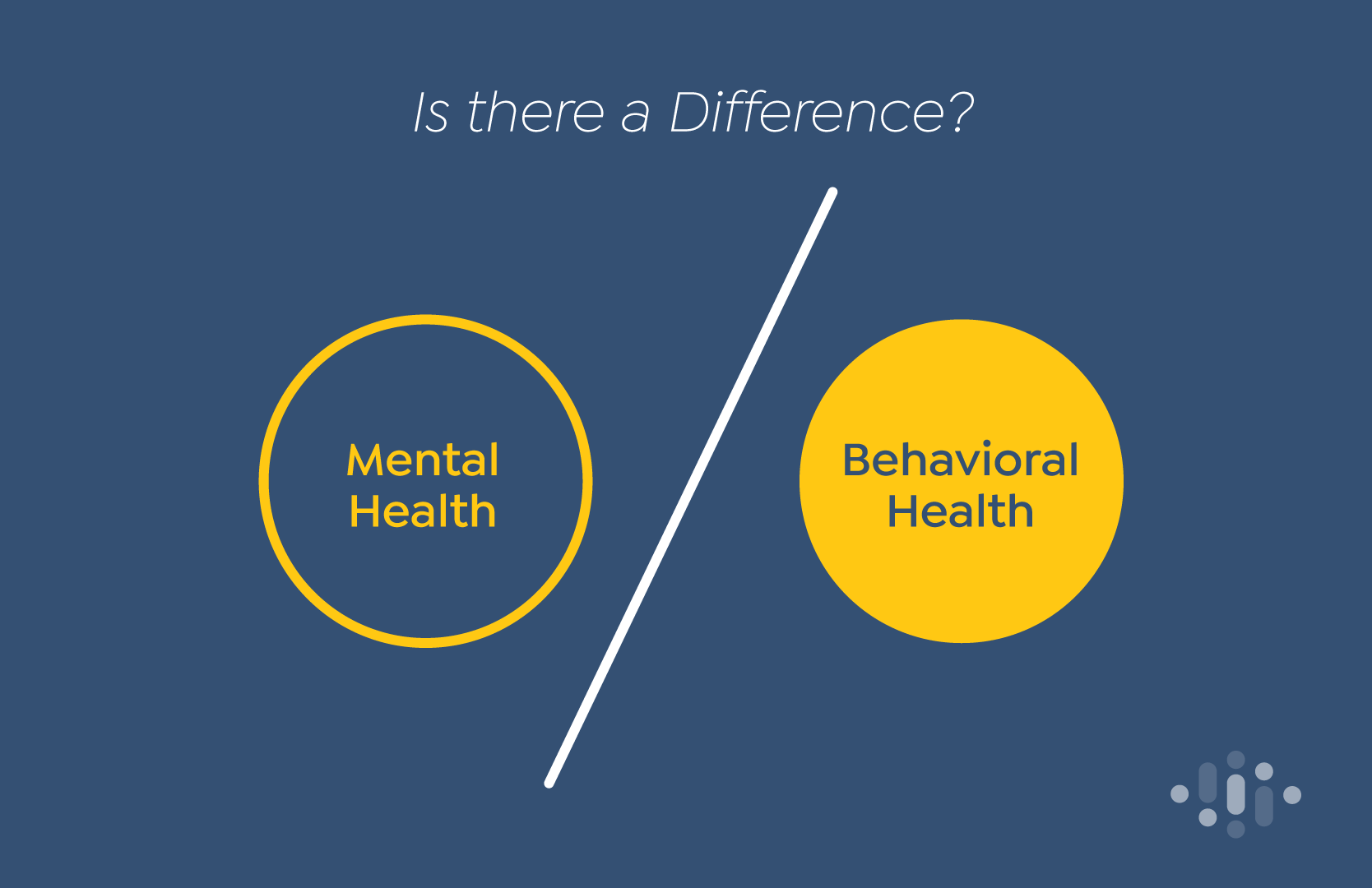Mental or Behavioral Health. Is there a Difference?
Managing and understanding our health includes our mental health, or is it our behavioral health? Great question. What is the difference between mental and behavioral health? In the healthcare industry, seemingly small nuances can create distinction between one illness or disorder and another. Behavioral health and mental health are often used interchangeably. This can be difficult to navigate, especially if you are struggling. At Stepping Stones in Lincoln, Nebraska, we want you to feel comfortable asking questions about your mental and behavioral health and we want to give you the resources to make this journey as smooth and comfortable as possible.
Mental Health Disorders
Let’s start here. Mental health impacts every aspect of your life; the way you think, act, and feel. It is emotional, psychological, and impacts your social well-being. Genetic predispositions can contribute to the development of some types of mental health disorders, some are tied to brain chemistry, and some end up developing into co-occurring disorders.
It is estimated that one in four American adults suffer from a mental disorder that would warrant a diagnosis, according to the National Institutes of Health. These disorders include, but are not limited to:
Eating disorders
Gambling addiction
Drug and alcohol addiction
Attention Deficit Hyperactivity Disorder (ADHD)
Oppositional Defiance Disorder (ODD)
Our Counselors
Our mental health and behavioral health counselors at Stepping Stones in Lincoln are qualified and ready to help with mental and behavioral health concerns and co-occurring disorders.
Shannon Miller, LADC, PLMHP
Shannon Miller is a Provisionally Licensed Mental Health Practitioner and Licensed Alcohol Drug Counselor. With 12 years of counseling, Shannon specializes in substance abuse and addiction, and mental health issues, including chronic pain, depression, trauma, and co-occurring mental health issues. She also has extensive experience in providing services to adults dealing with homelessness or who are at risk of homelessness, and individuals who are incarcerated or are involved with the legal system and DHHS.
Jamie Corder, PLADC
Jamie Corder has over six years providing advocacy and support to individuals and families experiencing homelessness, domestic violence, and addiction. She is the Program Coordinator and a provisionally-licensed Alcohol and Drug Counselor.
Treatment Must Happen Together
If a person has more than one mental or behavioral health disorder, they must have treatment for both co-occurring disorders at the same time. Otherwise, the outcomes are not effective. Most likely, a second disorder becomes linked with an unhealthy habit that may have been brought on by an untreated behavioral or mental health disorder. Or one might find that a mental health disorder may emerge in a person who has a genetic predisposition and who also abuses a substance. This is why co-occurring mental and behavioral health disorders can be complex and difficult to treat. You can trust the counselors at Stepping Stones to understand, diagnose, and treat your behavioral or mental health disorders.
Treatment Options
A personalized treatment plan is best because every person is their own complex case.
Stepping Stones in Lincoln offers a treatment plan that will look at the big picture and create a plan for each concern. It may include:
Detox
Medications
Inpatient or outpatient services
Group or individual counseling, including talk therapy
Possibly a referral, if needed
Stepping Stones in Lincoln is here to help diagnose, treat, and help you get back to living the life you love. Call 402-488-6511 to begin your healing journey.
Sources:
https://fherehab.com/news/behavioral-health-vs-mental-health
MentalHealth.gov
https://www.hopkinsmedicine.org/health/wellness-and-prevention/mental-health-disorder-statistics

